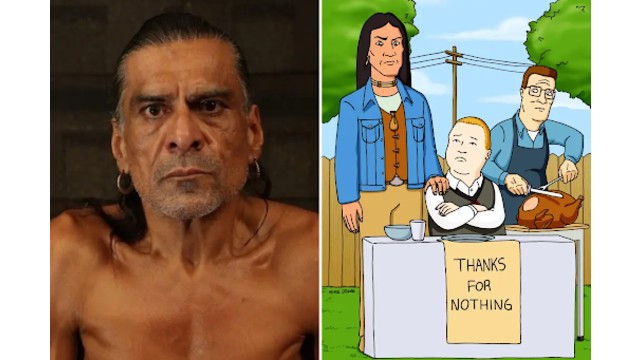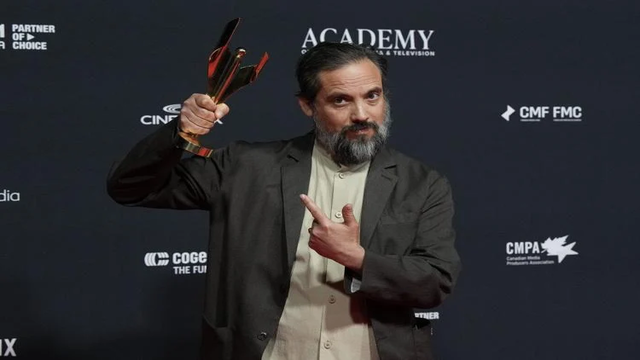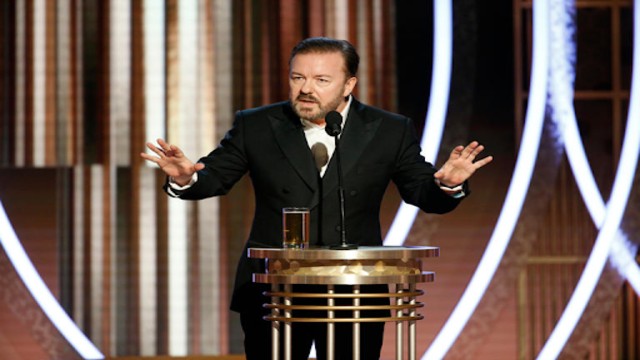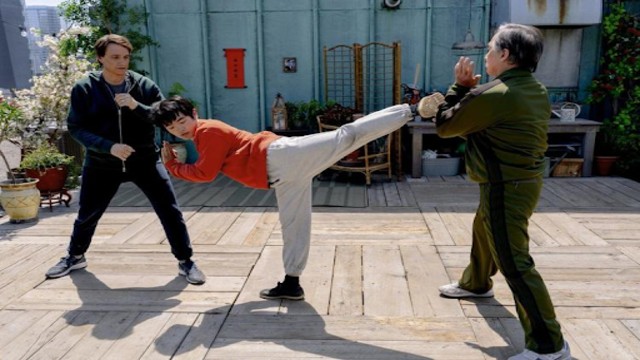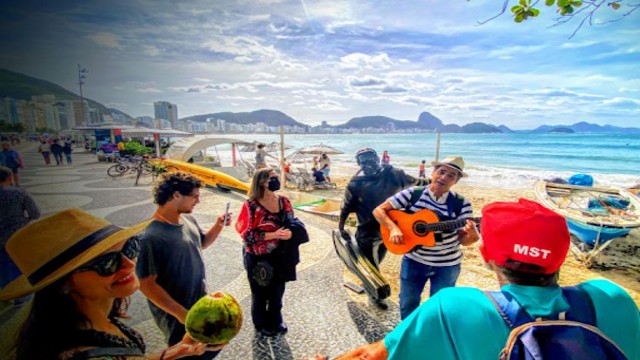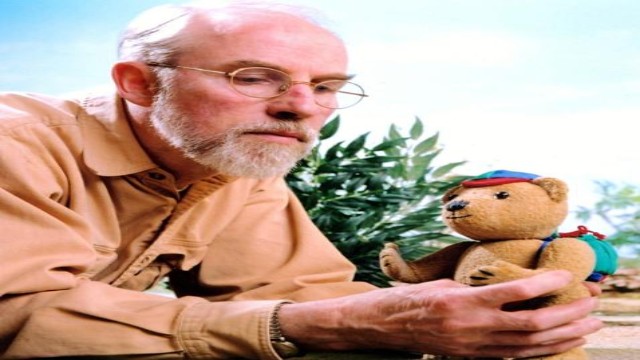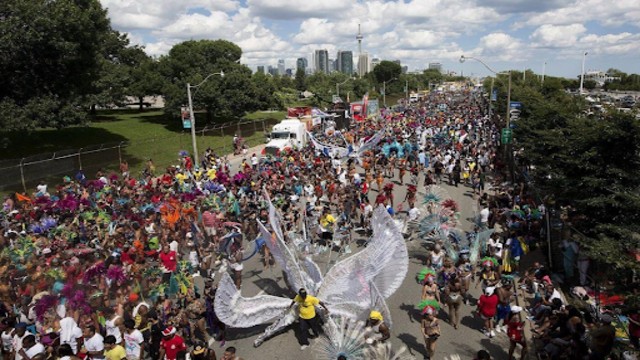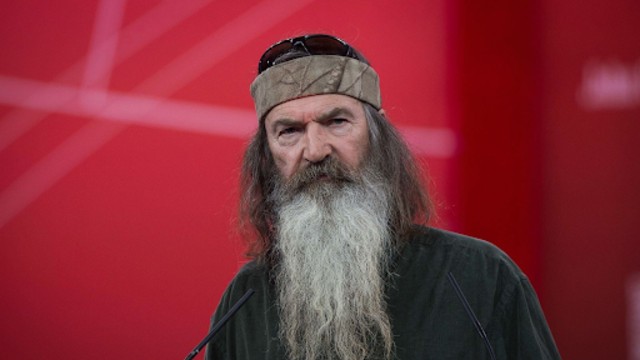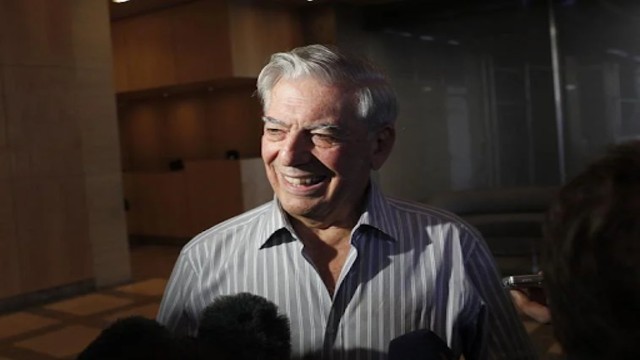
A picture of Vargas Llosa at a literary event or public speech.
Nobel Prize-winning Peruvian novelist Mario Vargas Llosa has died at the age of 89. He passed away peacefully in Lima on Sunday, surrounded by his family, according to a statement released by his children Álvaro, Gonzalo, and Morgana.
The acclaimed author left behind a literary legacy that spans over six decades. Known for masterpieces like The Time of the Hero and The Feast of the Goat, Vargas Llosa’s works shaped Latin America’s literary scene and earned him the 2010 Nobel Prize in Literature.
A Voice That Changed Latin American Literature - Mario Vargas Llosa
Vargas Llosa first gained literary attention in 1959 with The Cubs and Other Stories. But it was his 1963 novel The Time of the Hero that catapulted him to international fame. Inspired by his days at a military academy, the book stirred controversy in Peru and was publicly condemned by the country’s military.
He became a central figure in Latin America’s “Boom” generation—a wave of writers in the 1960s and '70s who brought regional literature to global prominence. Alongside Gabriel García Márquez and Carlos Fuentes, he helped redefine narrative fiction in the region.
A Life Rich in Words and Controversy
Vargas Llosa began writing early. At just 15, he worked as a part-time crime reporter. Over the years, he took on various jobs, from editing tombstone names to teaching in Paris. Throughout his life, he remained a consistent voice in journalism, contributing political opinion pieces under the column “Piedra de Toque.”
While his early political leanings were leftist, his views evolved. He became a vocal critic of authoritarian regimes, particularly those on the Latin American left. Once a supporter of Fidel Castro’s revolution, he later denounced it. This shift distanced him from many of his literary peers.
One of the most publicized moments of his life was a 1976 incident where he punched García Márquez in Mexico. The reason remains a mystery, as neither ever discussed it publicly.
From Childhood Trauma to Literary Triumph
Born in Arequipa, Peru, in 1936, Vargas Llosa’s early life was marked by absence. His father abandoned the family before he was born, and he spent his first years in Bolivia. Reunited with his father at age 10, he experienced a strict upbringing that rejected his literary interests.
His time at the Leoncio Prado Military Academy profoundly influenced his writing. He later described the experience as "discovering hell," yet it became the foundation for his breakthrough novel.
He pursued literature and law at San Marcos University, eventually winning a scholarship to study in Madrid. His work continued to reflect Peru’s stark contrasts—its beauty, brutality, and political upheaval.
A Brief Stint in Politics
In 1990, Vargas Llosa ran for president of Peru during a turbulent time. He lost to Alberto Fujimori, whose rule would later be marred by corruption. Though his political career was short-lived, the campaign reflected his deep engagement with his homeland.
Vargas Llosa’s personal life was often in the public eye. His first marriage, to Julia Urquidi, inspired Aunt Julia and the Scriptwriter. He later married his cousin Patricia, with whom he had three children. After their divorce, he was briefly involved with Spanish socialite Isabel Preysler.
His final novel, Harsh Times (2019), tackled U.S.-backed political turmoil in Guatemala. Throughout his career, he used fiction to explore history, identity, and power.
A Quiet Farewell
His children announced that his remains will be cremated and that no public ceremony will be held. Despite his passing, the literary world continues to feel the pulse of his prose—a body of work that, as his family put it, “will outlive him.”


